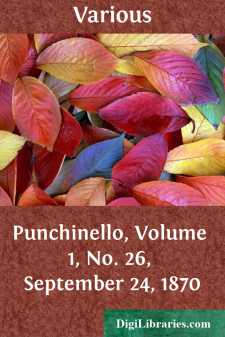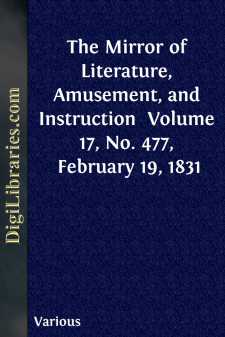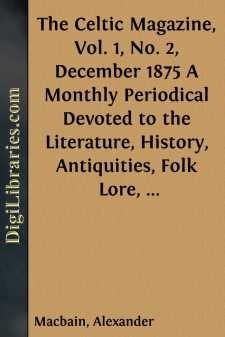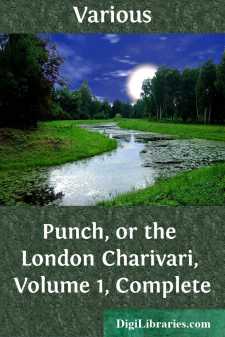Categories
- Antiques & Collectibles 13
- Architecture 36
- Art 48
- Bibles 22
- Biography & Autobiography 813
- Body, Mind & Spirit 142
- Business & Economics 28
- Children's Books 15
- Children's Fiction 12
- Computers 4
- Cooking 94
- Crafts & Hobbies 4
- Drama 346
- Education 46
- Family & Relationships 57
- Fiction 11828
- Games 19
- Gardening 17
- Health & Fitness 34
- History 1377
- House & Home 1
- Humor 147
- Juvenile Fiction 1873
- Juvenile Nonfiction 202
- Language Arts & Disciplines 88
- Law 16
- Literary Collections 686
- Literary Criticism 179
- Mathematics 13
- Medical 41
- Music 40
- Nature 179
- Non-Classifiable 1768
- Performing Arts 7
- Periodicals 1453
- Philosophy 64
- Photography 2
- Poetry 896
- Political Science 203
- Psychology 42
- Reference 154
- Religion 513
- Science 126
- Self-Help 84
- Social Science 81
- Sports & Recreation 34
- Study Aids 3
- Technology & Engineering 59
- Transportation 23
- Travel 463
- True Crime 29
The Atlantic Monthly, Volume 07, No. 40, February, 1861
by: Various
Categories:
Description:
Excerpt
OUR ARTISTS IN ITALY.
WILLIAM PAGE.
Among artists, William Page is a painter.
This proposition may seem, to the great public which has so long and so well known him and his works, somewhat unnecessary. There are few who are not familiar with his paintings. Whether these seem great or otherwise, whether the Venus be pure or gross, we may not here discuss; the public has, and will have, many estimates; yet on one point there is no difference of opinion, apparently. The world willingly calls him whose hand wrought these pictures a painter. It has done so as a matter of course; and we accept the title.
But perhaps the title comes to us from this man's studio, charged with a significance elevating it above the simply self-evident, and rendering it worthy of the place we have given it as a germ proposition.
Not every one who uses pigments can say, "I also am a painter." To him who would make visible the ideal, there are presented the marble, the pencil, and the colors; and should he employ either of these, just in proportion to his obedience to the laws of each will he be a sculptor, a designer, or a painter; and the revelations in stone, in light and shade, or on canvas, shall be his witnesses forevermore,—witnesses of him not only as an artist, in view of his relation to the ideal world, but as possessing a right to the especial title conferred by the means which he has chosen to be his interpreter.
The world has too much neglected these means of interpretation. It has condemned the science which would perfect the art, as if the false could ever become the medium of the true. The art of painting has suffered especially from the influence of mistaken views.
Nor could it be otherwise. Color-manifestation, of all art-utterance, is the least simple. It requires the fulfilment of a greater number of conditions than are involved in any other art. He who has selected colors as his medium cannot with impunity neglect form; light and shade must be to him as important as they are to the designer in chiaro-scuro; while above all are the mystery and power of color.
There is perplexity in this. The science of form seems to be vast enough for any man's genius. No more than he accomplishes is demanded of the genuine sculptor. His life has been grand with noble fulfilments. We, and all generations, hold his name in the sacred simplicity which has ever been the sign of the consummate. Men say, Phidias, Praxiteles, and know that they did greatly and sufficiently.
Yet with the science which these men had we combine elements equally great, and still truth demands the consummate. Hence success in painting has been the rarest success which the world has known. If we search its history page by page, the great canvas-leaves written over with innumerable names yield us less than a score of those who have overcome the difficulties of its science, through that, achieving art, and becoming painters.
Yes, many men have painted, many great artists have painted, without earning the title which excellence gives....






















